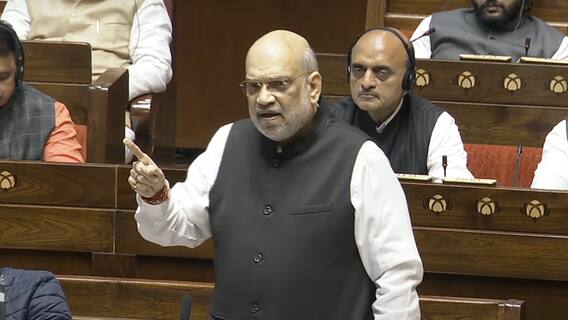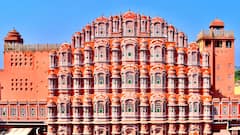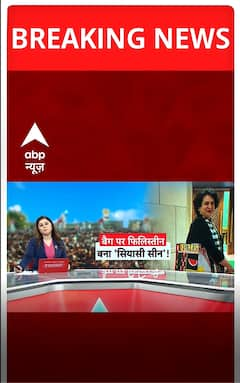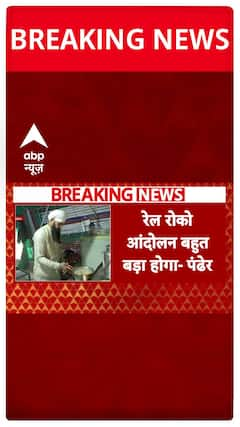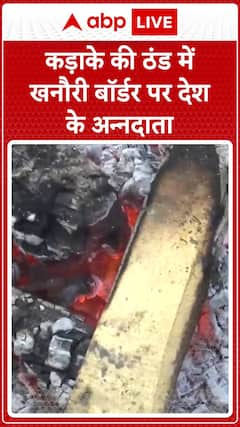Health Benefits Of The Winter Delicacy- Gajar Ka Halwa
Gajar Ka Halwa contains all the nutrients that are excellent sources of Vitamin A, C and K. In addition to that it also contains healthy fats and is also a rich source of fibre and antioxidants.

New Delhi: When it comes to winter, nothing beats a bowl of steaming hot gajar ka halwa loaded with ghee. As much as we like this popular delicacy, the goodness of Gajar Ka Halwa is not restricted to its taste. It has several health benefits that you might not know about.
1. It keeps us warm:
Although Gajar Ka Halwa can be served hot or cold, it does provide some protection against winter chills. Ghee is a winter superfood, according to experts, because of the healthy fats it contains. Ghee is also high in antioxidants and amino acids. According to Ayurveda, ghee improves memory, slows ageing, and boosts immunity. Additionally, it lubricates bone joints, which helps to relieve aches and pains. The addition of ghee to the halwa may provide some warmth and comfort to the body in the bitterly cold weather as well.
2. Helps to improve vision:
The main ingredient in this dish is carrots which are a rich source of Vitamin A. And what better way to have carrots than indulging in a bowl of Gajar ka Halwa? Additionally, carrots are also a rich source of Vitamin C, Vitamin K and fibre, thereby helping to promote gut health and maintain blood pressure levels.
3. Boosts Immunity:
As carrot is a seasonal component, it is particularly beneficial for winter immunity. It contains a significant amount of Vitamin C, which may provide protection against disease. Furthermore, the addition of dried fruits and ghee to the halwa may boost its immunity. In addition to being an immunity booster, dry fruits are also rich in antioxidants and protein.
Now that you know how healthy Gajar Ka Halwa is, let's quickly have a look at its recipe as well.
Ingredients:
- 2 tbsp ghee
- 1/4 cup chopped almonds and raisins
- 750 g (4 full cups) grated carrot
- 1-litre whole milk
- 3/4 cup sugar
- 1/4 tsp cardamom powder
Preparation:
Heat one tbsp of the ghee in a heavy bottom pan and add the almonds and raisins, and sauté them for a few seconds. Once done, remove them to a plate and set aside.
Add the grated carrots to the same pan (it’s okay if there is some ghee left in the pan) and turn the flame to medium-high. Sauté the carrots, with occasional stirring for around two minutes.
Add the milk and mix well. Let the carrots and milk cook for about 30 minutes on a medium flame. Keep stirring frequently to prevent the milk and carrot from getting stuck to the bottom and burning.
After 30 minutes, the milk will reduce to half or a little bit more than half.
Continue to cook the halwa in the same manner on a medium flame until all the milk is absorbed by the carrots and you see small particles of milk solids in the halwa, on a low to medium flame. This will take anywhere between 10 to 15 minutes.
Add the sugar at this point. Once you mix in the sugar, the halwa will become liquid as the sugar melts. Continue to cook the halwa until the sugar liquid is soaked up. Don’t let the halwa dry out a lot since it will continue to thicken as it cools down.
Add the roasted almonds and raisins, cardamom powder, and the remaining one tbsp of ghee (or more if you want) and roast for three to four minutes, stirring continuously.
The dish is ready to be served.
Trending News
Top Headlines





